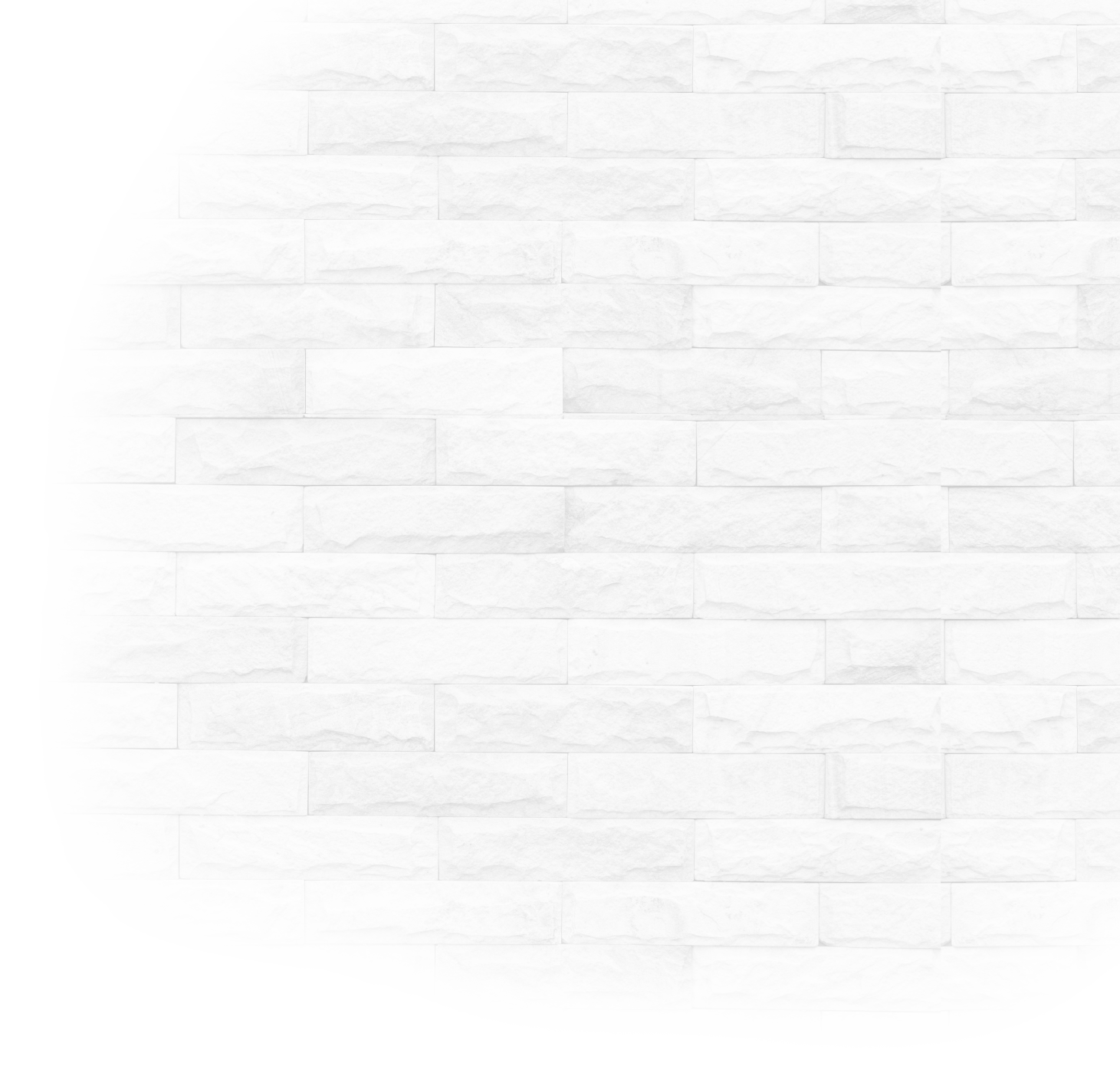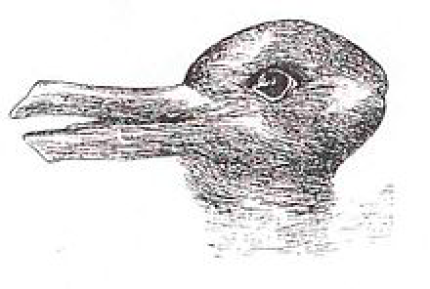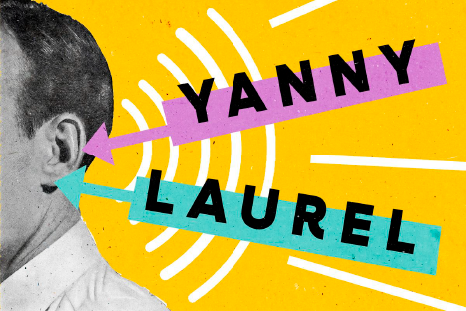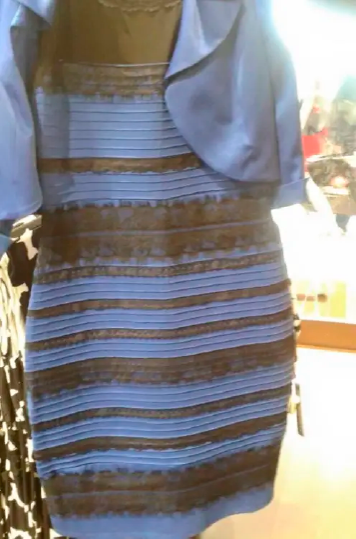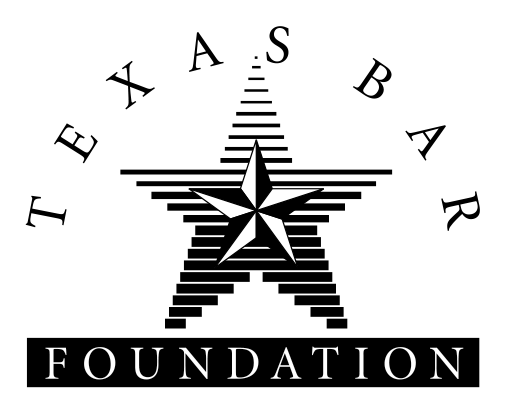Jury Deliberation is the process by which a jury reaches a decision, by analyzing, discussing, and weighing the evidence. Witness credibility is a major component of jury deliberation.
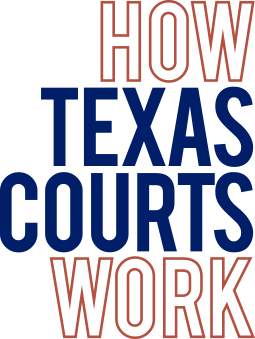
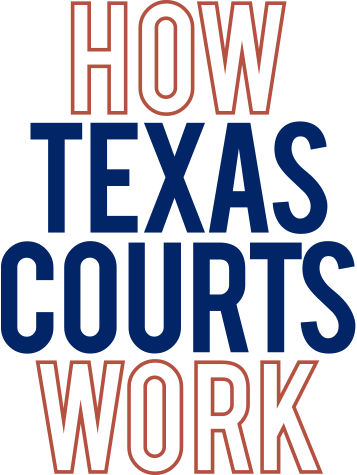

deliberation
room
This “You Decide” Activity simulates the fact-finding and deliberation process of a jury for secondary students. The activity teaches students how to detect bias, identify when someone might be lying, and determine witness credibility. This activity includes two sets of videos, one simulating a civil case and the other simulating a criminal case, and includes instructions for facilitating student jury deliberations for each case.
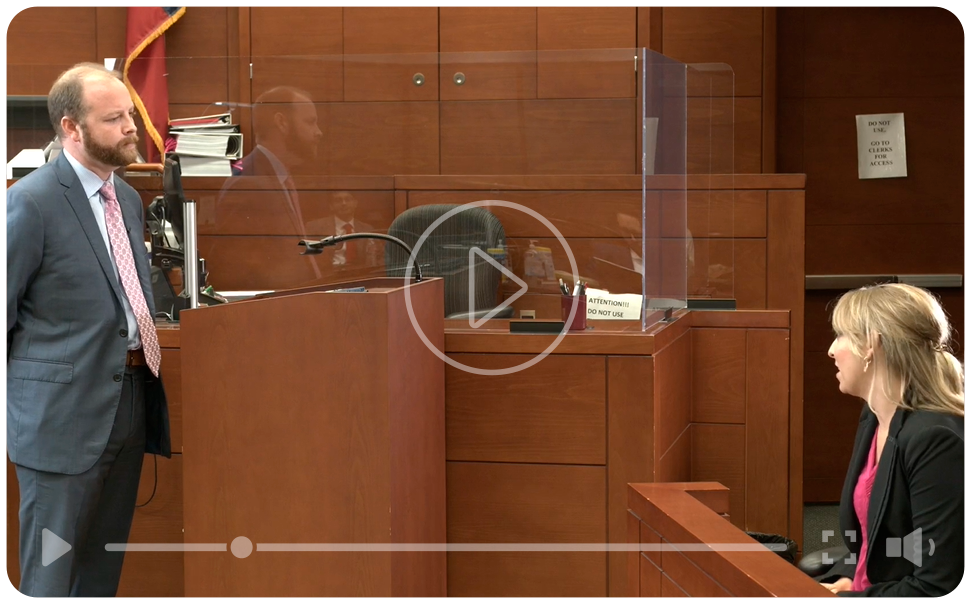
Christine ‘Chris’ Bloom

NU FRATERNITY
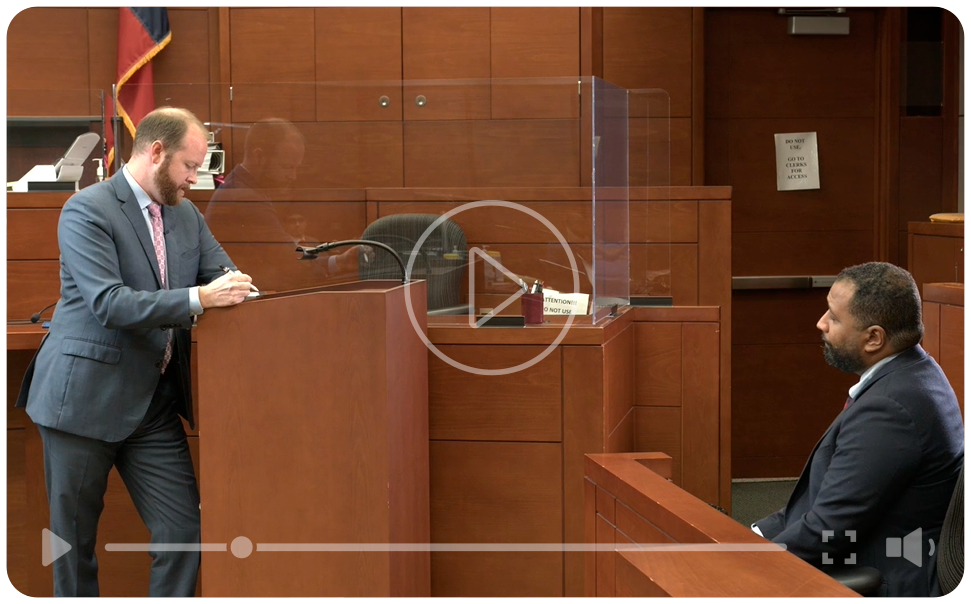
Andrew Dornburg
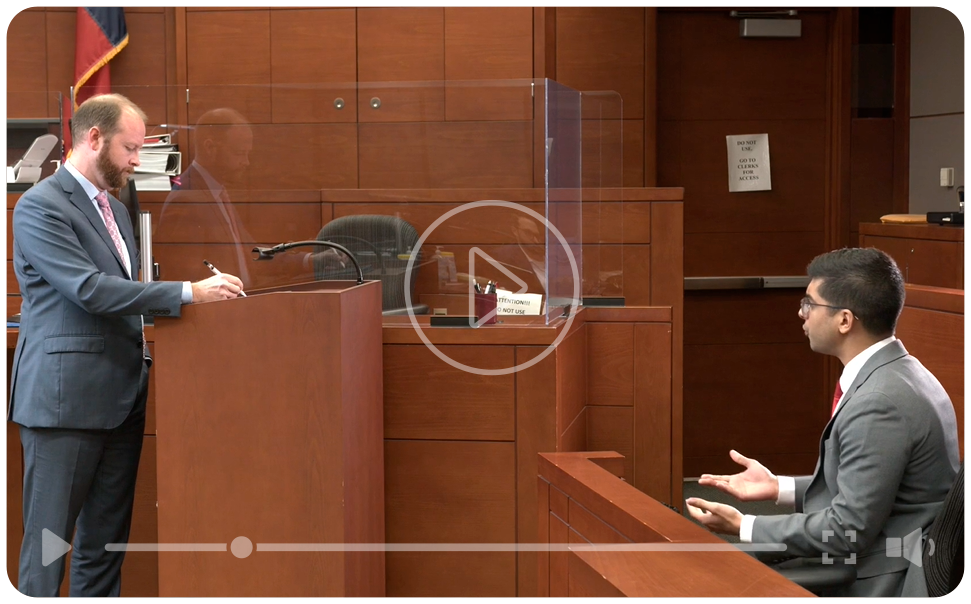
Zen Bridge

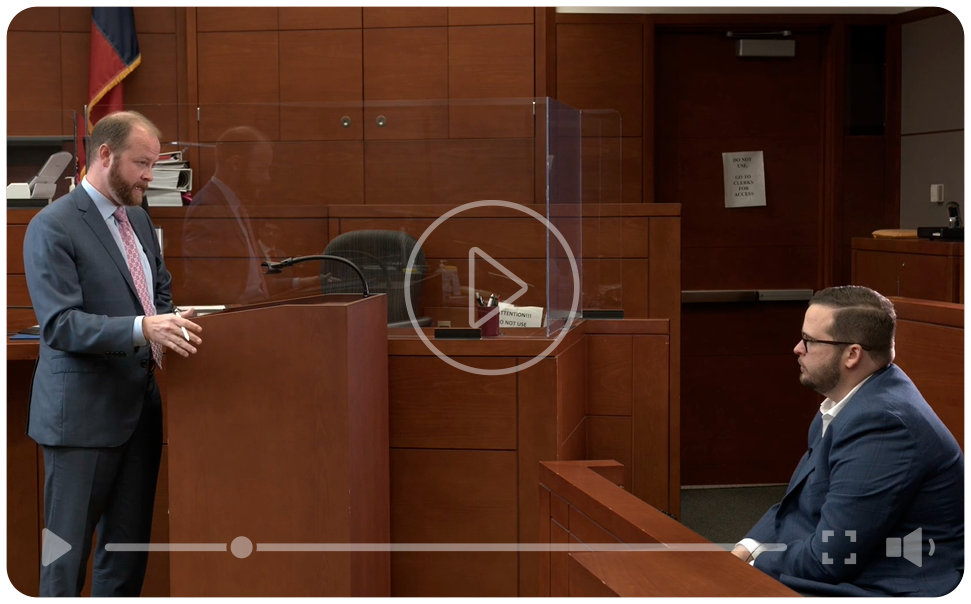
Christopher ‘Chris’ Bloom








